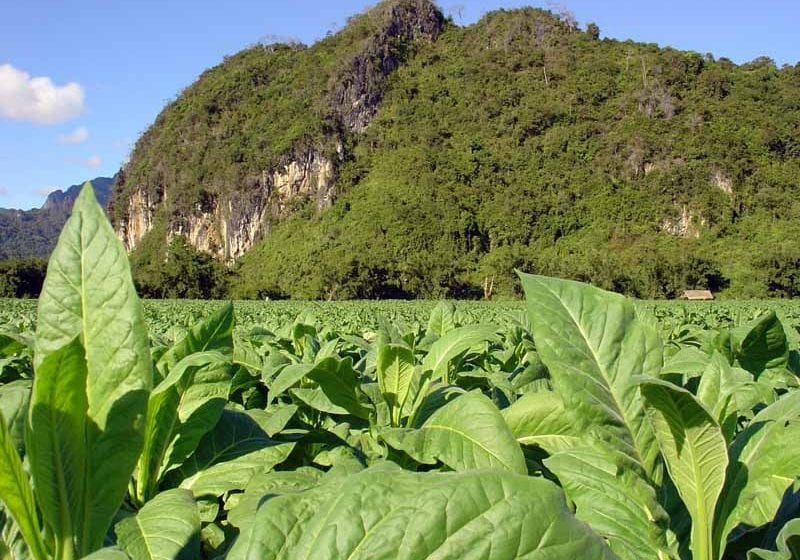The application of the integrated production system (IPS) in Malawi has reduced tobacco growers to ‘mere tenants’, according to a story in The Nyasa Times quoting the Civil Society Agriculture Network (Cisanet).
The Times story said that Cisanet’s recommendation that the government should suspend the IPS and return to the auction system should be taken seriously.
Since the government had allowed the use of the IPS, tobacco growers had been getting a raw deal.
Cisanet’s national director Tamani Nkhono-Mvula was quoted as saying that the “framework gives more marketing controlling powers to the buyers while reducing farmers to mere tenants”.
Tobacco growers had been deluded into thinking that the system worked to their advantage just because tobacco buyers gave them farm inputs and gave them first priority to sell their tobacco.
But the reality was that many tobacco farmers ended up spending more than what they were given.
Growers were being hit below the belt with unfavorable contract conditions, low prices, deductions, inflation, and currency fluctuations.
And in the event that the farmers failed to repay their loans due to factors beyond their control, the loans were not written off; so farmers became indebted to tobacco buyers.
At the end of the day, tobacco buyers were the ones who benefited from contracts that farmers were made to sign without understanding them.
The Times said the picture that had emerged was one in which tobacco farmers were working for tobacco buyers. The system was not different from the current tenancy system that the government was trying to discourage.
Nkhono-Mvula said that if the “IPS continues to be administered in its current form, the tobacco buying companies will completely take over the control of tobacco market value chain as they currently seem to have powers in determining who produces tobacco in the country”.
The government was urged to move swiftly to put a stop to the IPS system.












